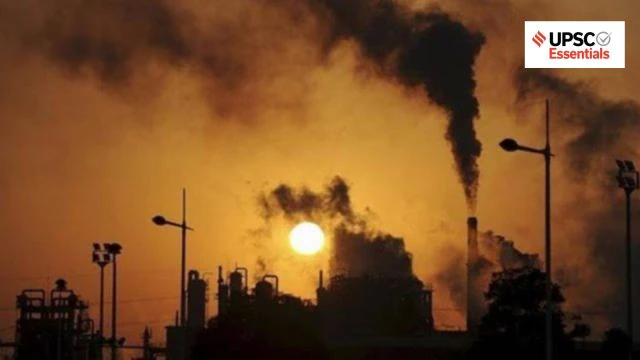Rising global temperatures pose severe health threats to expectant mothers, prompting urgent calls for climate-resilient healthcare.
As climate change accelerates, extreme heat events are becoming increasingly common across the globe. Health experts are now raising alarms over the growing risk these heatwaves pose to pregnant women, whose vulnerability to heat-related illnesses is significantly higher than the general population.
A recent study published in JAMA Network Open highlights a disturbing trend: exposure to extreme heat during pregnancy is strongly associated with an increased risk of premature birth, low birth weight, and stillbirth. With climate models predicting more frequent and intense heatwaves, the implications for maternal and fetal health are profound.
Pregnant Women at Elevated Risk
Medical professionals explain that during pregnancy, a woman’s body undergoes physiological changes—such as increased blood volume, elevated heart rate, and reduced thermoregulation—that make it harder to cope with high temperatures. When compounded by heat stress, these changes can lead to dehydration, hypertension, and in extreme cases, preterm labor.
“The data shows a clear link between rising temperatures and adverse pregnancy outcomes,” said Dr. Lisa Patel, a pediatrician and environmental health advocate. “Pregnant women are essentially frontline victims of climate change, and they are often overlooked in climate policy discussions.”
Unequal Burden on Marginalized Communities
The risks are not evenly distributed. Women in low-income communities, particularly those without access to air conditioning, safe housing, or quality healthcare, are disproportionately affected. Urban areas with limited green spaces—often called “heat islands”—can exacerbate these risks further.
In the United States, studies show that Black and Hispanic women are more likely to live in neighborhoods with higher exposure to extreme heat and face higher rates of pregnancy complications. This intersection of climate injustice and racial disparities in healthcare access has sparked urgent calls for targeted interventions.
Policy Response and Adaptation Strategies
In response to this growing threat, health organizations and climate advocates are urging governments to integrate heat-related risks into maternal health policies. This includes improved heat warning systems, heat-resilient infrastructure, and public health campaigns tailored for expectant mothers.
Some cities are already taking action. For example, Phoenix, Arizona—one of the hottest cities in the U.S.—has launched a “HeatReady” program that includes educational resources for pregnant women and enhanced coordination with healthcare providers during heat emergencies.
Globally, the World Health Organization (WHO) has identified maternal health as a key priority in its climate adaptation agenda, encouraging countries to invest in community-based early warning systems and climate-resilient healthcare services.
Conclusion
As the climate crisis continues to escalate, the intersection of environmental and maternal health demands urgent attention. Protecting pregnant women from the dangers of extreme heat must become a public health priority. Without swift action, the world risks deepening health inequalities and endangering the well-being of future generations.



